I didn’t realise how alcohol affected my sleep until I quit 3 weeks ago
Taking part in Sober October has transformed my sleep — here’s how
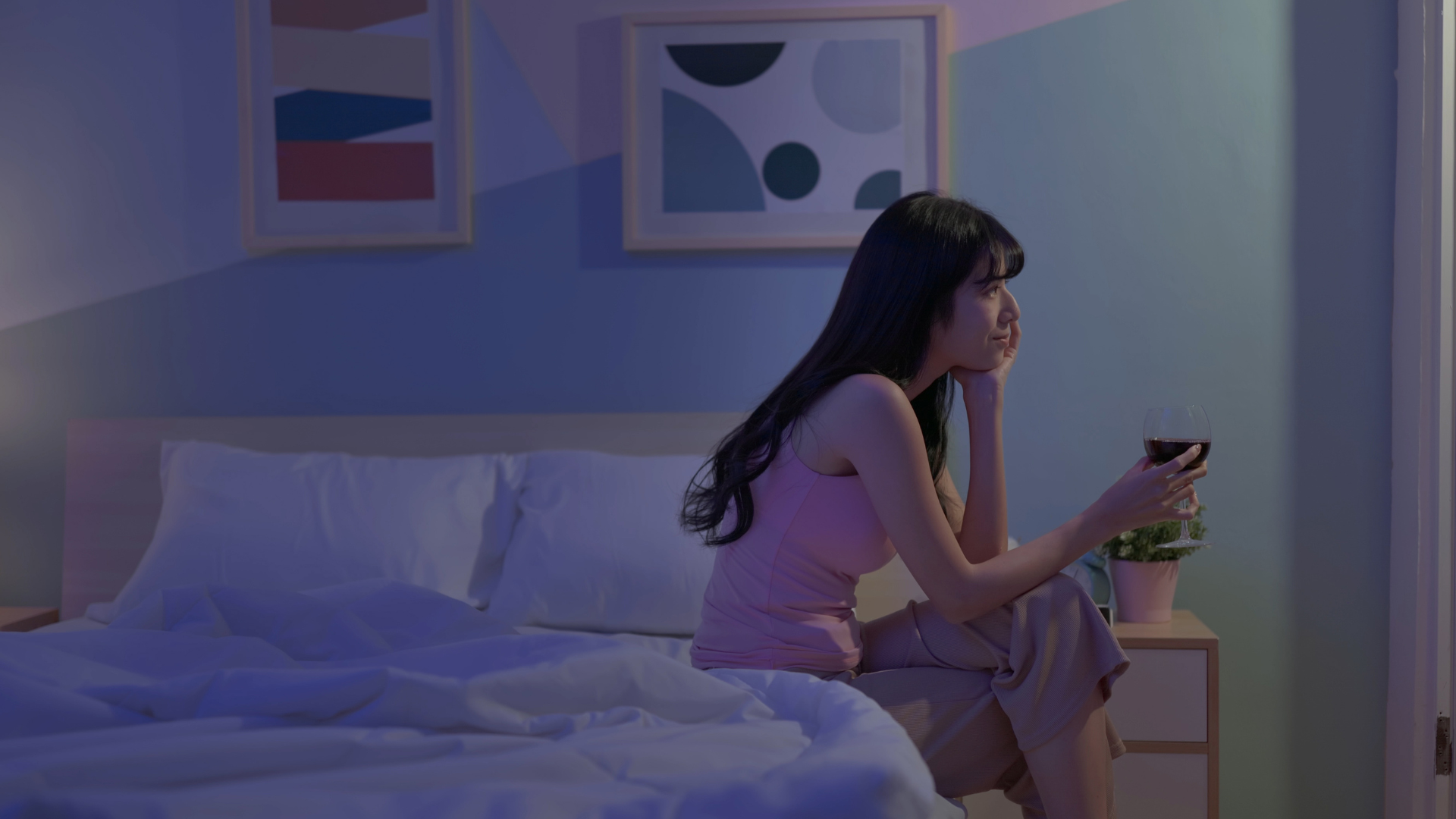
Alongside Dry January, Sober October is gaining in popularity worldwide. As you might have guessed, the idea is to abstain from alcohol for the entire month — and I've decided to give it a go. There are many health and social benefits of abstaining from alcohol, but there is one area of sobriety that I'm particularly interested in exploring: the improvement of sleep quality.
As a 20-something living in a big city, my weekends and social events are often centered around alcohol. The upshot, I'd begun to notice, was a poor night's sleep after a night drinking booze, which led to lethargy, brain fog, and fatigue in the following days.
Just two weeks in without a drop of alcohol, and my sleep has already transformed. In fact, the changes have been so noticeable that I’m now considering extending my sober period indefinitely. The effect of alcohol on sleep is huge, and here I’m going to explore what it is and how my sleep has changed since I stopped drinking.
Why I decided to quit alcohol for a month
Before I started the challenge, I wanted to explore the current guidelines around drinking to get a sense of what is considered healthy. Of course, drinking guidelines vary depending on the country you live in. For example, in the UK, drinking guidelines state that you shouldn’t drink more than 14 units per week spread across three days or more, which is around 6 medium glasses of wine or 6 pints of 4% strength beer.
In the US, CDC guidelines state that women should not have more than one drink per day and men not more than two. One drink is considered 12 fluid ounces of 5% beer, 8 fluid ounces of 8% malt liquor, 5 fluid ounces of 12% wine, or 1.5 fluid ounces of 80-proof hard liquor or distilled spirits.
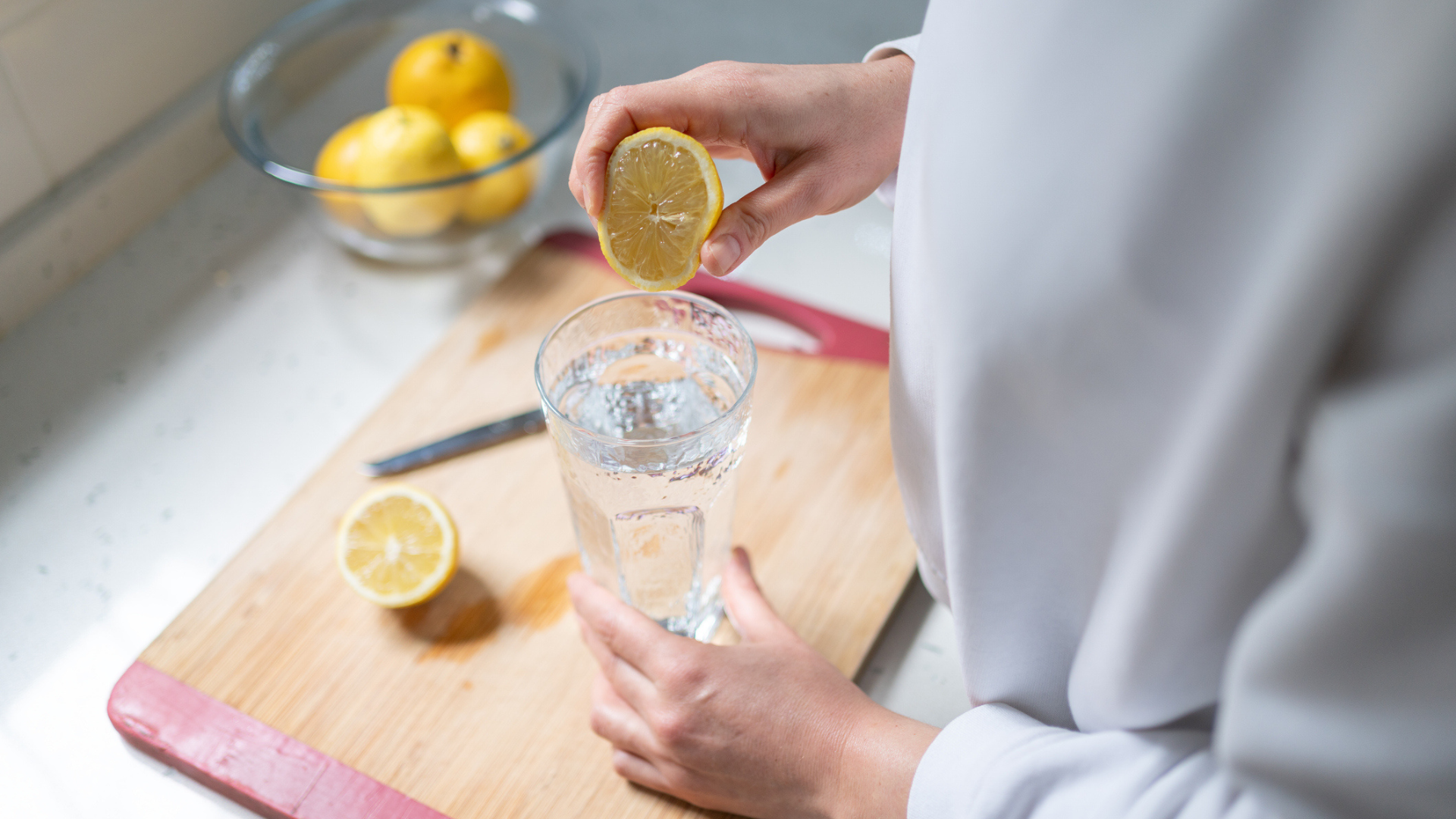
Seeing those guidelines in black and white made me realise that, like many people, I definitely wasn’t sticking to them. Prior to my sobriety challenge I would rarely drink during the week (and on the rare occasion I did, it would typically be just 1 or 2 glasses of wine), however, l had to admit that on my weekends I was often drinking far more alcohol than the recommended amount.
One of the big impacts of my weekend drinking sessions was that I was staying up later at night and waking up later the next day. While my usual weekday routine consisted of an 11.30pm bedtime with a 7.30am wakeup, my weekends would often see significant shifts, with 3am bedtimes and morning wakeups stretching to 10am.
But just two weeks into Sober October, I've already seen some pretty drastic changes to my lifestyle and routine as a result of abstaining from alcohol.
- Read more: I’m a sleep writer — this is the one drink I'm avoiding at Christmas parties for better rest
3 ways my sleep has changed after quitting alcohol
I'm happy to report that I've seen improvements to nearly all aspects of my life since starting Sober October and quitting drinking. But one area that I was hoping to see changes in, my sleep, has definitely transformed for the better.
I. I sleep less and still feel well rested
Ask my family and friends, even my work colleagues, and they’ll tell you that I was certain I needed 9 hours of sleep a night to feel well rested. Turns out, that might have been because of my alcohol consumption.
Since cutting out alcohol, I've noticed that I have started to naturally sleep for only 7.5 to 8 hours, and I feel well rested throughout the day, right up until bedtime.
Before starting Sober October, I would typically feel exhausted in the evenings, and when I did go to bed I fell asleep very quickly — an indicator of sleep deprivation.
However, in the past couple of weeks I've noticed that, while my energy naturally winds down the closer I get to bed time, I don’t feel the same kind of exhaustion. My energy is sustained throughout the day and I don’t feel the same need to nap as I previously did.
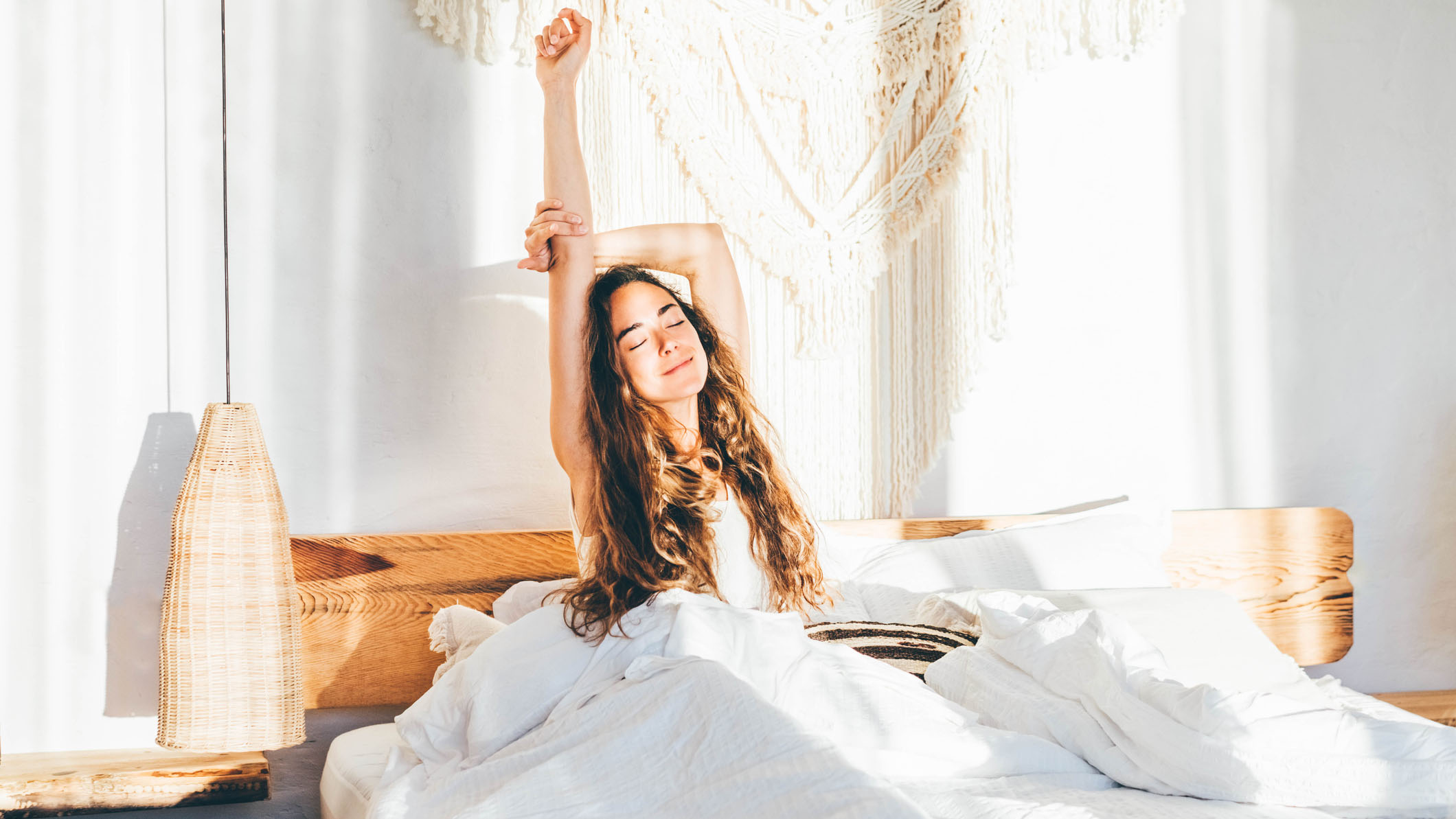
I. I no longer experience social jet lag
I have to admit that I've experienced a fair bit of social jet lag in recent years, and it's definitely been a result of boozy nights out altering my sleep schedule. Social jet lag refers to the fatigue we feel during the start of the week when we try to return to our normal sleep schedules after going to be later and waking up later over the weekend . Since our natural circadian rhythms thrive off a regular sleep schedule, we can struggle when we get out of whack.
Without alcohol fuelling my weekend outings, I found myself keeping a similar sleep schedule to my weekdays. Bedtime might have been shifted an hour later, but my sober nights didn't lead to the usual drastic 4 hour change that confused my natural rhythms of falling asleep and waking up.
Put simply, my Mondays at work have been much more bearable since I began Sober October. I've also noticed that my energy levels have stayed consistent throughout the whole week, which has had a knock on effect of making falling asleep and waking up easier.
3. I feel less anxious at night
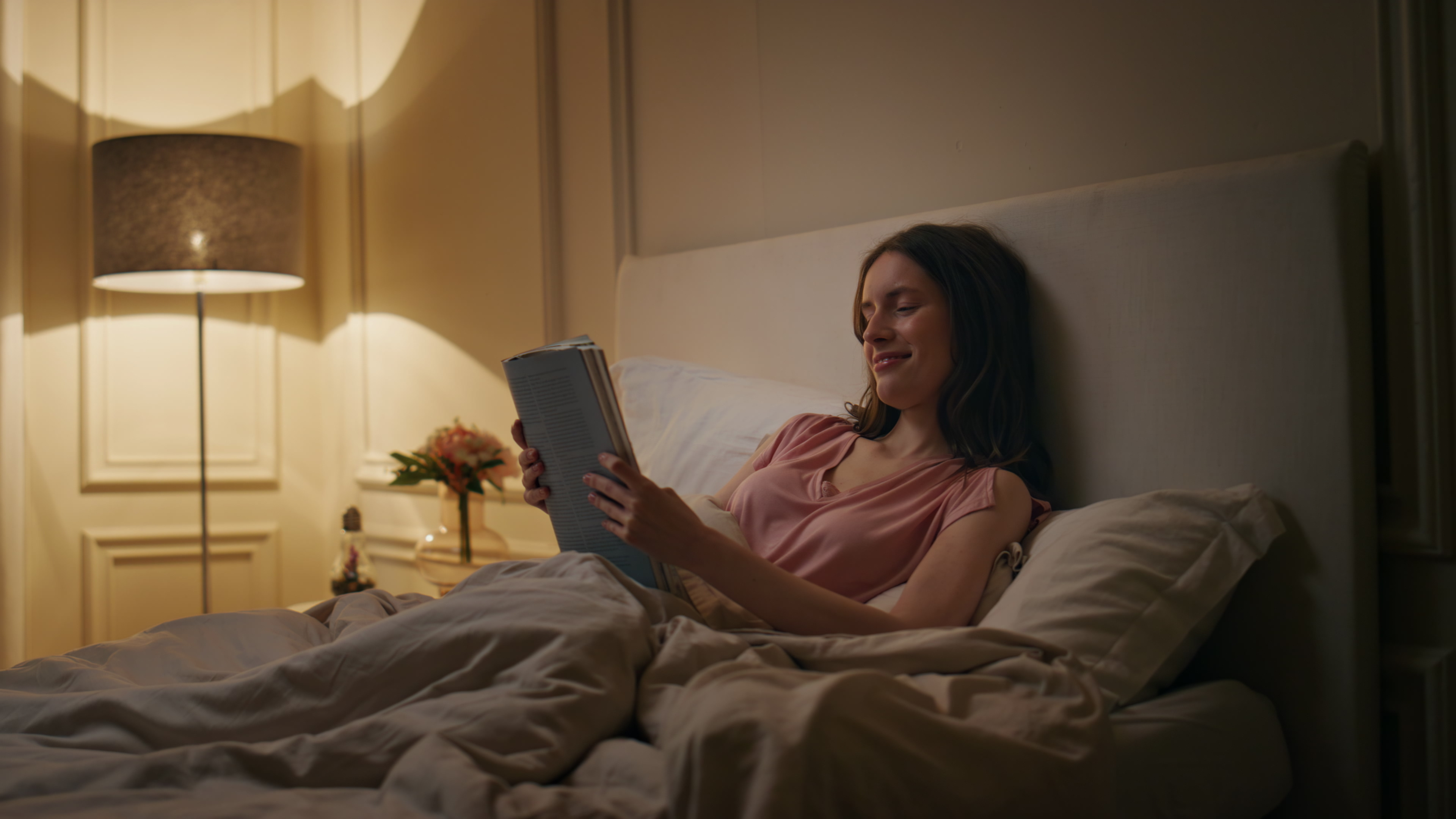
Those who drink regularly are probably familiar with the dreaded "hangxiety," those feelings of anxiety and depression that can emerge the morning after a night of alcohol consumption. For me, those anxious feelings sometimes lasted for several days. And, as someone who already experiences nighttime anxiety, it meant I'd find it more difficult to fall asleep on the evenings that followed a big night out.
The science behind that, I discovered, is that alcohol depresses your nervous system, slowing brain activity. That’s why when we drink we tend to feel more care-free and maybe have a few less inhibitions that we normally would. However, when the alcohol wears off, hangovers can increase the prevalence of symptoms like depression and anxiety.
Since cutting out alcohol, my overall mental health has improved, and I've noticed that any anxiety I might have felt during the day before has lessened. But the biggest win for me has been seeing how my nighttime anxiety has decreased significantly. Whereas I would normally have to rely on calming techniques like breathing methods and cognitive shuffling, in the weeks of being sober, it has been easier for me to fall asleep and stay asleep.
How does alcohol affect sleep?
Decreases the quality of sleep
I've definitely felt frustrated when I've woken up bleary eyed and groggy after a night out, despite getting over 8 hours of sleep. But while I've been confused, feeling like I've slept deeply after a night drinking, the reality is that the quality of sleep we get following alcohol consumption is actually worse than usual.
A 2018 study found that even low alcohol intake saw participants sleep quality decrease by 9.3%. The study measured intake based on the participants body weights, but overall, moderate alcohol consumption saw sleep quality decrease by 24%, while high alcohol consumption was even more significant, with a decrease of 39.2%. This is because alcohol disturbs cardiovascular relaxation when we're sleeping, more so depending on the quantity of alcohol we've consumed.
Those stats made me look again at my own alcohol consumption on a night out compared to guidelines. Like me, you might be shocked to learn that in the UK, heavy or 'binge' drinking is considered 8 units a night for men and 6 units a night for women, while in the US, heavy drinking is defined as 5 drinks a night for men, or 4 for women.
Increases likelihood of waking up in the night
Another effect of alcohol I've noticed is the increased likelihood of waking up during the night or waking up early after drinking it.
Dr Chelsea Perry, owner of Sleep Solutions and a Diplomate of the American Board of Dental Sleep Medicine, explains how alcohol “acts as a sedative at first, but then disrupts your body's natural sleep cycle as it wears off, often causing lighter sleep or early wake-ups.”
So while I might feel like I've slept a good eight hours, the disruption of sleep stages means that after drinking, I'm likely spending more time than usual in lighter sleep stages.
“It reduces the amount of time spent in the deep sleep stages, leading to poorer overall rest,” Dr Perry adds.
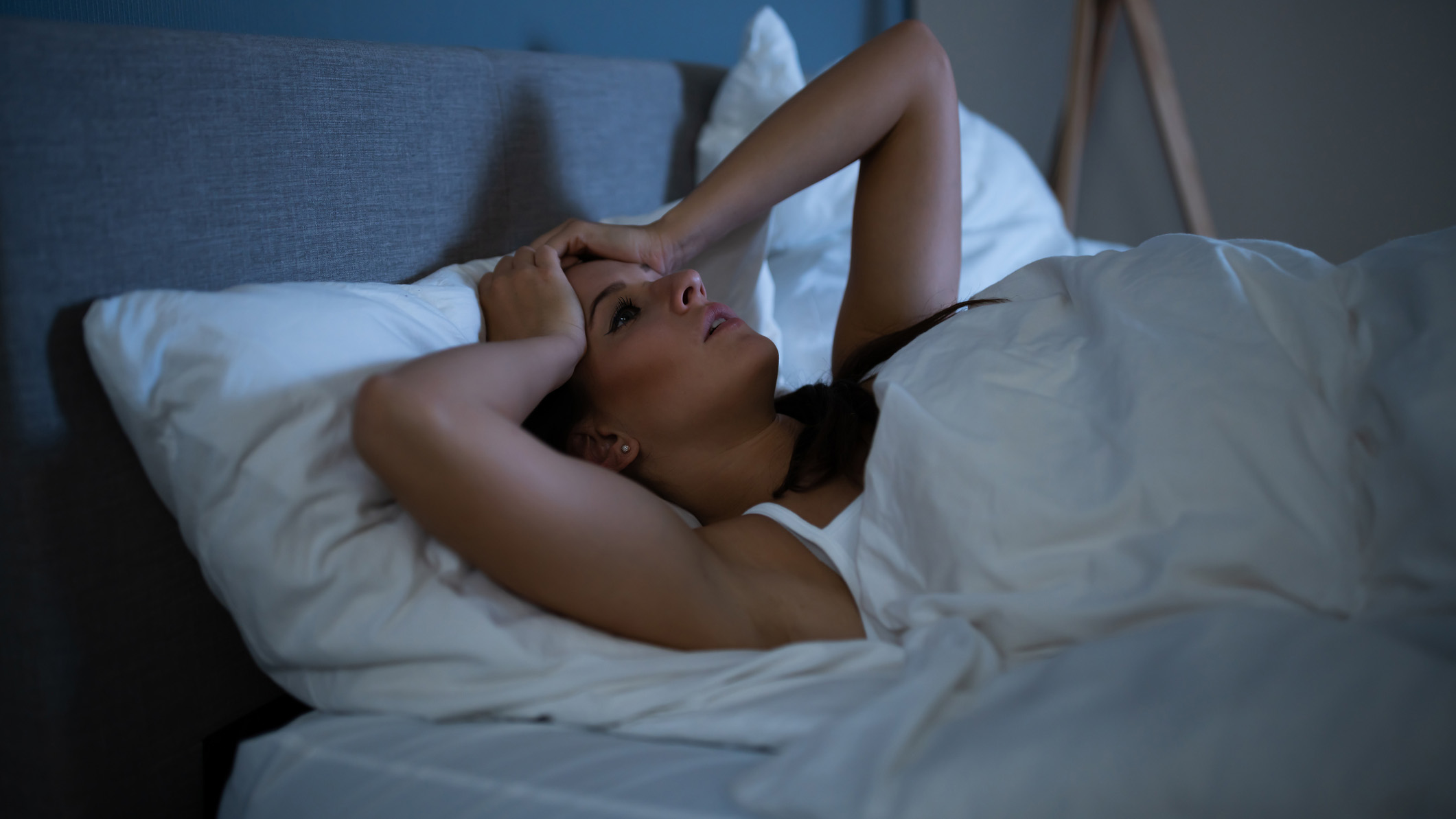
Decreases time spent in REM sleep
REM sleep is an essential sleep stage that allows our brains to process emotional experiences, consolidate memories, and rest and repair. However, studies have shown that alcohol decreases the amount of time spent in REM sleep.
"Alcohol suppresses the amount of restorative REM sleep you get, meaning your body spends more time in light sleep and has difficulty completing a standard sleep cycle," Dr Hana Patel, Resident Sleep Expert at Time4Sleep and NHS GP, explains.
Without enough REM sleep, you may not feel as refreshed or rested after your sleep. This kind of sleep is, according to UCI Health, also associated with a strong immune system and good mental health, so it's no surprise that I was feeling groggy and lethargic the day after drinking, and that I've seen a reduction in those areas since I embarked on Sober October.
Can you drink alcohol and still get good sleep?
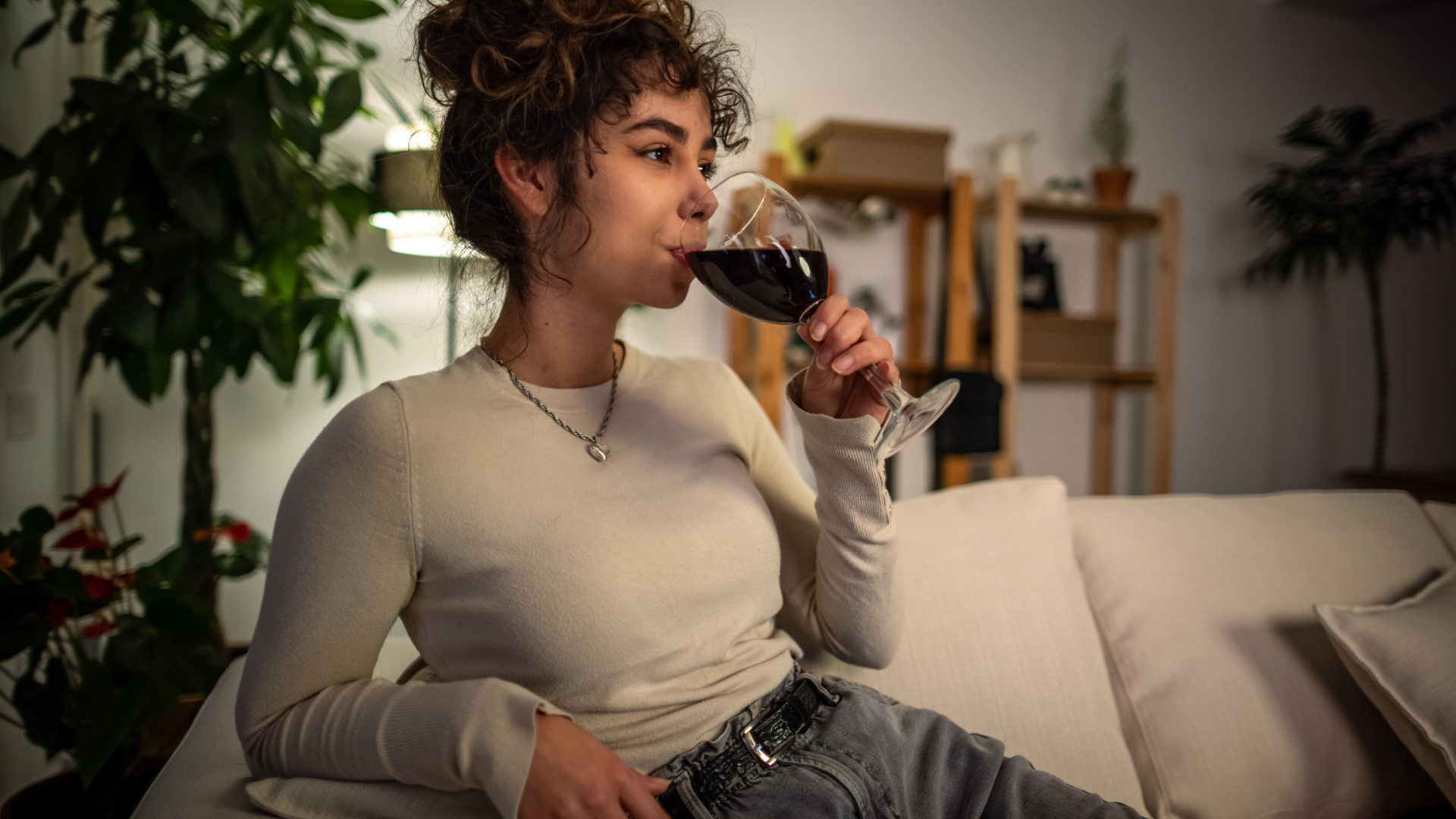
I might be feeling the benefits of Sober October and considering ditching alcohol for good, but not everyone is ready to give up drinking, or even wants to. However, there are ways to try and mitigate having a bad night's sleep as a result of alcohol.
Dr. Perry advises those who enjoy an evening drink and still want good quality sleep to “try limiting your intake and giving your body enough time to metabolize the alcohol before bed. Drinking earlier in the evening and staying hydrated helps.”
Although, she adds that “there's always a trade-off between alcohol and sleep quality.”
I have only seen positive impacts from cutting out alcohol, but for those who want to keep it in their lives, taking part in this challenge has reminded me that if I do start drinking again, moderation is key. That means sticking to the drinking guidelines and remembering that if alcohol consumption ever gets to the point of feeling out of control, it's important to consult a doctor or health professional.
Sign up to get the BEST of Tom's Guide direct to your inbox.
Get instant access to breaking news, the hottest reviews, great deals and helpful tips.
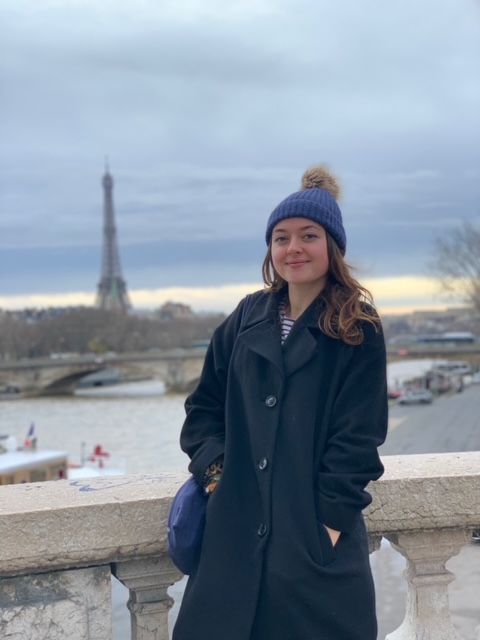
Lauren is an experienced writer and editor in the health and lifestyle industry and has led many campaigns and projects that deliver news, advice, and research on all things sleep. As the Sleep Features Editor for Tom’s Guide, Lauren writes, commissions and edits sleep and mattress content, from in-depth how-tos in sleep and mattress health to interviews with doctors and neuroscientists on the latest news in sleep. Lauren regularly tests new sleep tech and accessories to evaluate their effectiveness for getting good quality sleep and easing specific sleep struggles like nighttime anxiety. Alongside this, Lauren reports on the best mattress brands out there, like Helix, Saatva, and DreamCloud, helping readers find the right mattress for them and the best deals on them.
